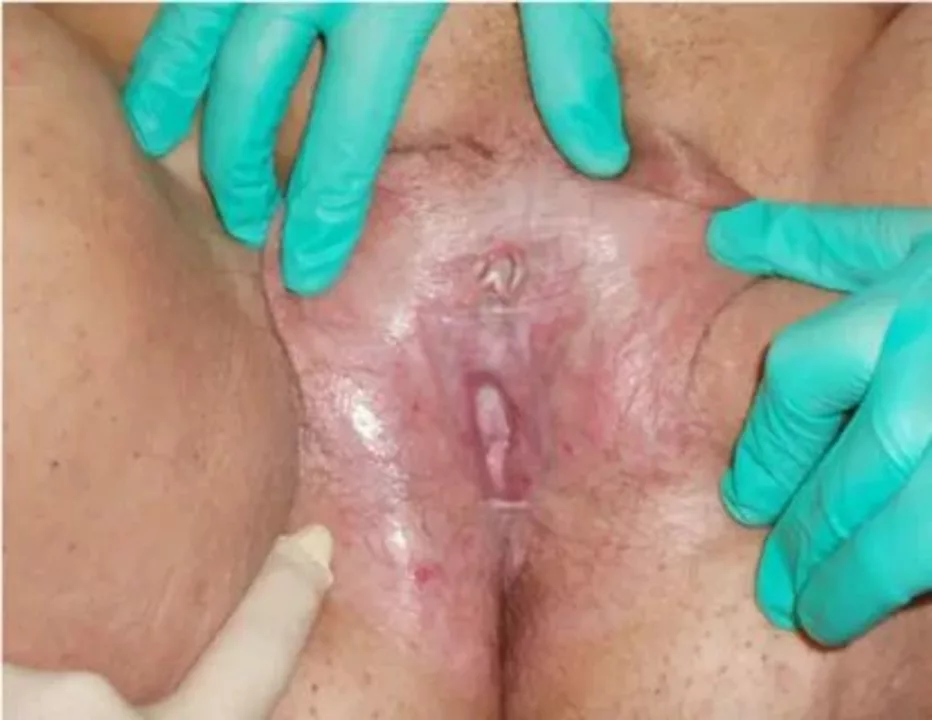Anal itching: what causes it and how to get relief
Got an itchy anus? It’s uncomfortable and embarrassing, but most cases are fixable. Anal itching (pruritus ani) can come from simple things like sweating, toilet habits, or skin irritation — or from infections, hemorrhoids, or parasites. Below you’ll find clear, practical steps to ease the itch fast and stop it from coming back.
Quick fixes you can try today
Start with gentle care. Use plain water to clean the area after bowel movements; avoid scented wipes and harsh soaps. Pat dry with soft toilet paper or use a hair dryer on low. Apply an over‑the‑counter 1% hydrocortisone cream for short periods (up to a week) to calm inflammation, or a zinc oxide paste to protect irritated skin.
Sitz baths are very helpful: sit in lukewarm water for 10–15 minutes two or three times a day. That soothes raw skin and reduces bacteria. If the itch is due to moisture, sprinkle a little cornstarch (not talc) to keep the area dry. Keep underwear cotton and loose, and avoid tight pants until the irritation clears.
For suspected yeast infections, an antifungal cream like clotrimazole often helps. For parasite-related itching (common in kids and worse at night), mebendazole or a similar anti‑worm treatment may be needed — see a clinician first. Avoid scratching: trim nails and wear gloves at night if you scratch in your sleep.
Common causes and prevention tips
Identify the trigger. Frequent causes include hemorrhoids, anal fissures, skin conditions (eczema or psoriasis), contact dermatitis from soaps or laundry detergents, dietary triggers (spicy foods, caffeine), antibiotics that disturb gut flora, and pinworms. Sexually transmitted infections can also cause itching.
To prevent recurrences: eat more fiber to avoid hard stools and straining, stay hydrated, and treat diarrhea promptly. Change out of sweaty clothes quickly after exercise, and skip perfumed products in the groin area. If you use topical creams, don’t overuse hydrocortisone — it thins skin if used too long.
When to see a doctor
See a healthcare provider if the itch is severe, lasts more than two weeks despite home care, or comes with bleeding, lumps, pain, fever, or unusual discharge. Also get checked if children have symptoms overnight (pinworms are common). Your clinician may do a simple skin exam, stool test, or swab, and suggest prescription medicine if needed.
Dealing with anal itching is usually straightforward once you know the cause. Try gentle care, dry the area, avoid irritants, and get medical help if things don’t improve. Small changes to hygiene and diet often make the itch disappear for good.


